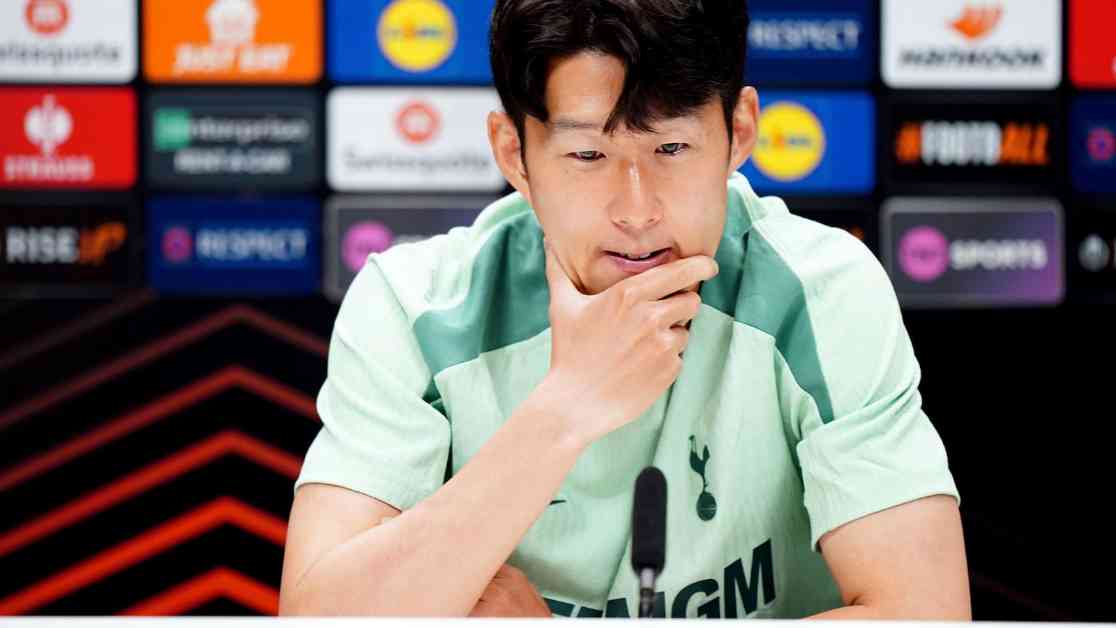Son Heung-min Raises Concerns Over Soccer Schedule Demands
Tottenham forward Son Heung-min has joined a growing number of soccer players speaking out against the demanding schedule that they are being asked to play. The South Korea international expressed his worries about the toll the constant games and traveling are taking on the players, highlighting the increased risk of injuries that come with such demands.
In a recent interview, Son emphasized the challenges that players face both mentally and physically when they are constantly pushed to their limits. He acknowledged the passion that players have for the game but also stressed the importance of taking care of themselves to avoid burnout and potential injuries. Son’s concerns echo those of Manchester City midfielder Rodri, who recently mentioned the possibility of strike action due to the strenuous schedule.
Rodri’s Injury Highlights Players’ Vulnerability
The injury suffered by Rodri, who sustained knee ligament damage during a Premier League game against Arsenal, serves as a stark reminder of the physical toll that the demanding schedule can have on players. The incident has brought renewed attention to the need for better player welfare and the importance of addressing the issues surrounding the congested fixture list.
Son expressed his support for Rodri’s concerns, emphasizing the need for players to have a say in the scheduling of games. With the expansion of tournaments like the Champions League and the upcoming Club World Cup, players are facing an increasing number of matches without sufficient rest periods. The potential impact on their physical and mental well-being is a cause for alarm among many in the soccer community.
Call for Players to Have a Voice
Tottenham manager Ange Postecoglou echoed Son’s sentiments, highlighting the need for players to have a collective voice in decisions that directly affect their health and performance. He emphasized that players are the ones most affected by the demanding schedule and should be given a platform to express their concerns and advocate for changes that prioritize their well-being.
Postecoglou pointed out the dangers of overloading players with a relentless calendar of games, stressing the need to focus on sustainable practices that take into account the physical and mental strain that players endure. The growing discontent among players and managers alike signals a need for a more balanced approach to scheduling that safeguards the welfare of those at the heart of the game.
In conclusion, the voices of players like Son Heung-min and Rodri are a crucial reminder of the challenges that soccer players face in today’s demanding environment. Their concerns should serve as a catalyst for meaningful discussions and actions to ensure that player welfare remains a top priority in the sport. It is imperative that all stakeholders come together to address the issues surrounding the congested schedule and work towards creating a more sustainable and player-centric approach to the game.








